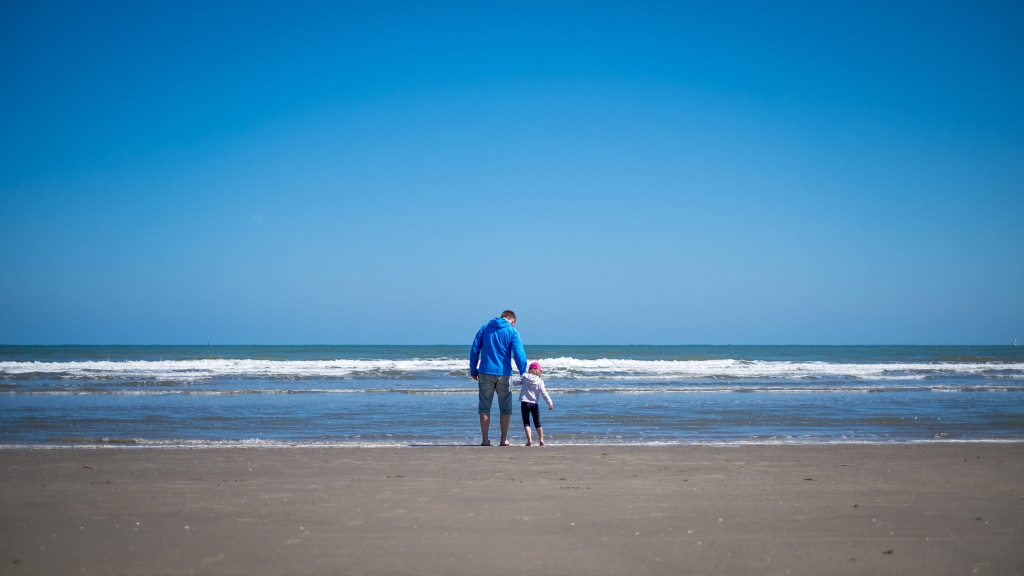
Every six weeks during the school year, my wife and I have to figure out what to do for the two weeks our four-year-old daughter’s school is closed for vacation. Both of us are writers with book deadlines and freelance assignments. We both work from home. If a grandparent can’t take our daughter, we usually leave Paris and go somewhere she can play outside while we watch her and work in stolen stretches. It costs about the same as staying in Paris and paying for a nanny.
We spent last week in Saint-Jean-de-Luz, on the Basque coast, south of Biarritz and just north of Spain. The weather was cloudy but not uncomfortably cold, and when the sun sporadically asserted itself, the lush green mountains and the aquamarine waves, speckled with surfers, rival any in France. I found myself waking up earlier and earlier, until I was at my desk by 5:15 so as to have words to show by 8:30 or 9:00, when my daughter came calling for petit-déjeuner. From that point until her bedtime, she would necessarily be my priority. As I would close my laptop and fold her into my arms, I thought several times of an argument making the rounds on Twitter—how according to white feminists, parenthood is a loss of freedom, a sure way of never having it all. But no lesser authority than Toni Morrison has observed, “It was the most liberating thing that ever happened to me.”
I am not a woman, but I am far more involved in caring for a child than any man has been on either side of my family, and I am not sure it can be called freeing. The sacrifice of time, the recalculation of what is accomplishable on a given day, is real. I know that I am competing with other men and women in my field who do not have these responsibilities, who are not responsible for anyone other than themselves. Whether or not it is freeing seems the wrong question; it is life-affirming, and without question, the most important work I’m doing.


